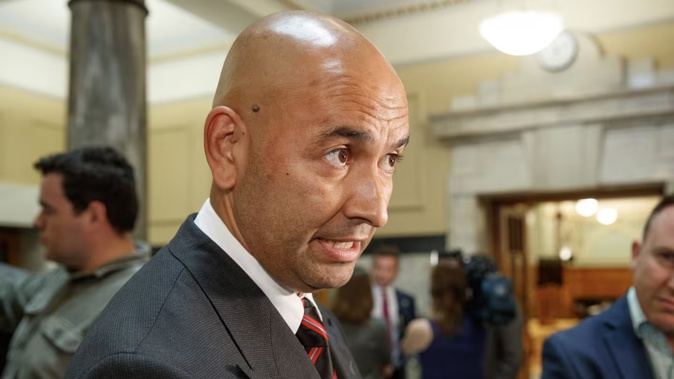
The number of households living in emergency housing has been reduced by a third in the last six months, Associate Housing Minister Tama Potaka says.
He described emergency housing as “one of the biggest public policy failures we’ve ever seen in New Zealand”, saying the situation evolved from “a few” families using the system for brief periods to children growing up in motels.
“From last December to June this year, the total number of households living in emergency housing has gone from 3141 to 2133 – a 32% reduction in just six months. We have seen over 1000 tamariki depart emergency housing during this period.
“Auckland has experienced one of the biggest improvements with numbers falling from 624 to 354 households in the three months to June. In Canterbury, it’s fallen from 285 to 183 households over the same period.”
Potaka says “clearer” obligations for emergency housing tenants will be introduced at the end of this month. These could include asking applicants to provide evidence of their housing situation when they apply to “ensure emergency housing is used by people in genuine need”.
“People staying in emergency housing have responsibilities they must agree to and meet. If they stay longer than seven nights, they’ll need to complete agreed activities to help meet those responsibilities.
“This includes paying their emergency housing contribution, and activities which will help them get a home. This could include things like meeting with a housing broker, attending a Ready to Rent course, engaging with support services, or looking for a private rental.”
At each re-grant appointment, the applicant’s case manager would check that the activities agreed to had been completed and discuss any support which might be available.
“If people don’t meet their obligations without a good reason, they’ll receive a warning. After two warnings, if they don’t meet their obligations again, they won’t be able to get an emergency housing grant for 13 weeks.
“Ending the blight that is emergency housing will not be easy. It requires us to take bold and radical action, and that’s exactly what our Government is doing.”
Take your Radio, Podcasts and Music with you









